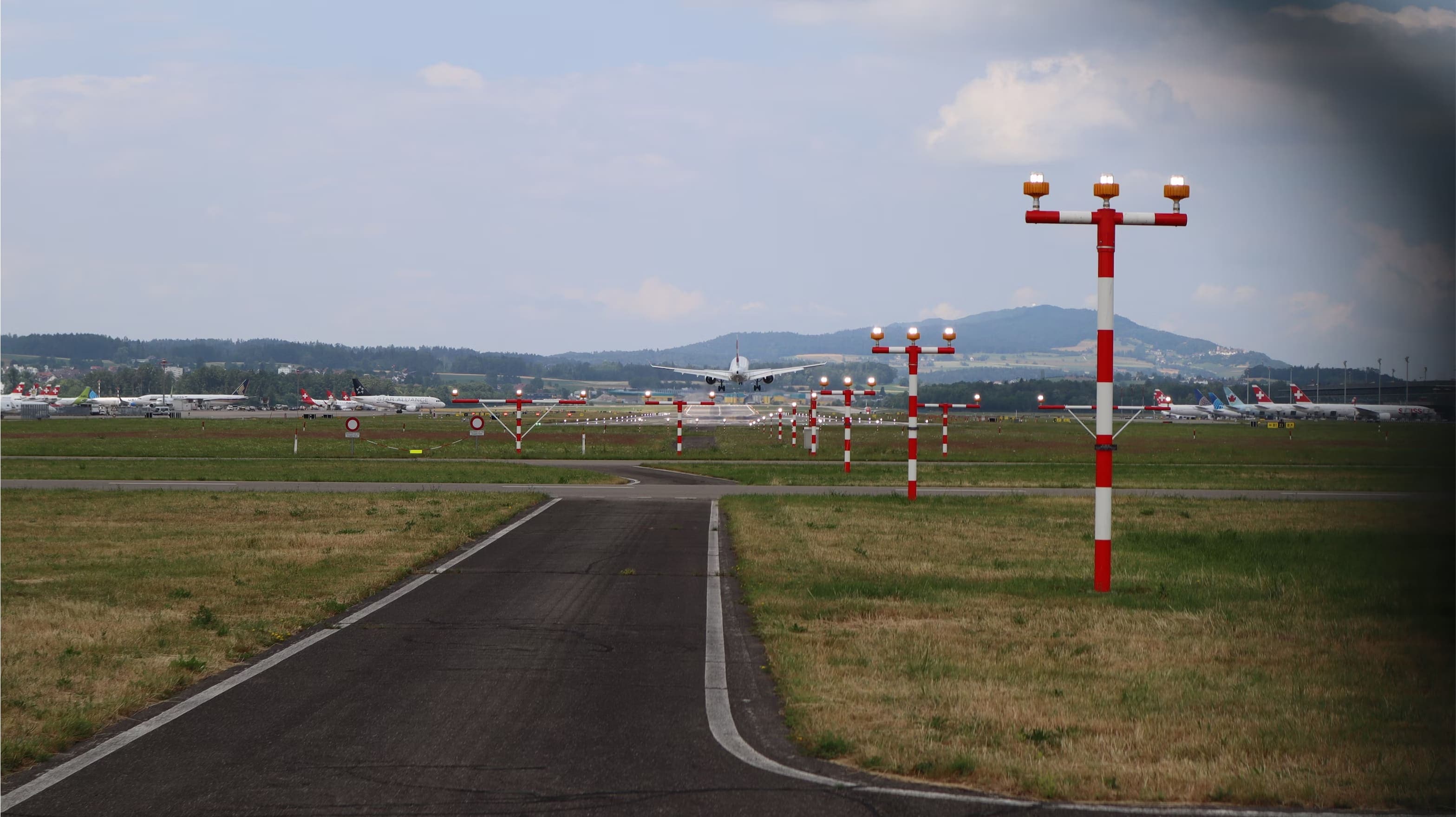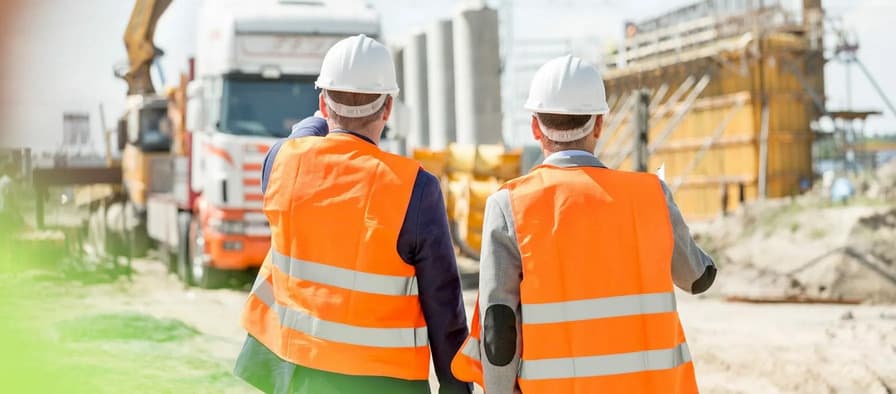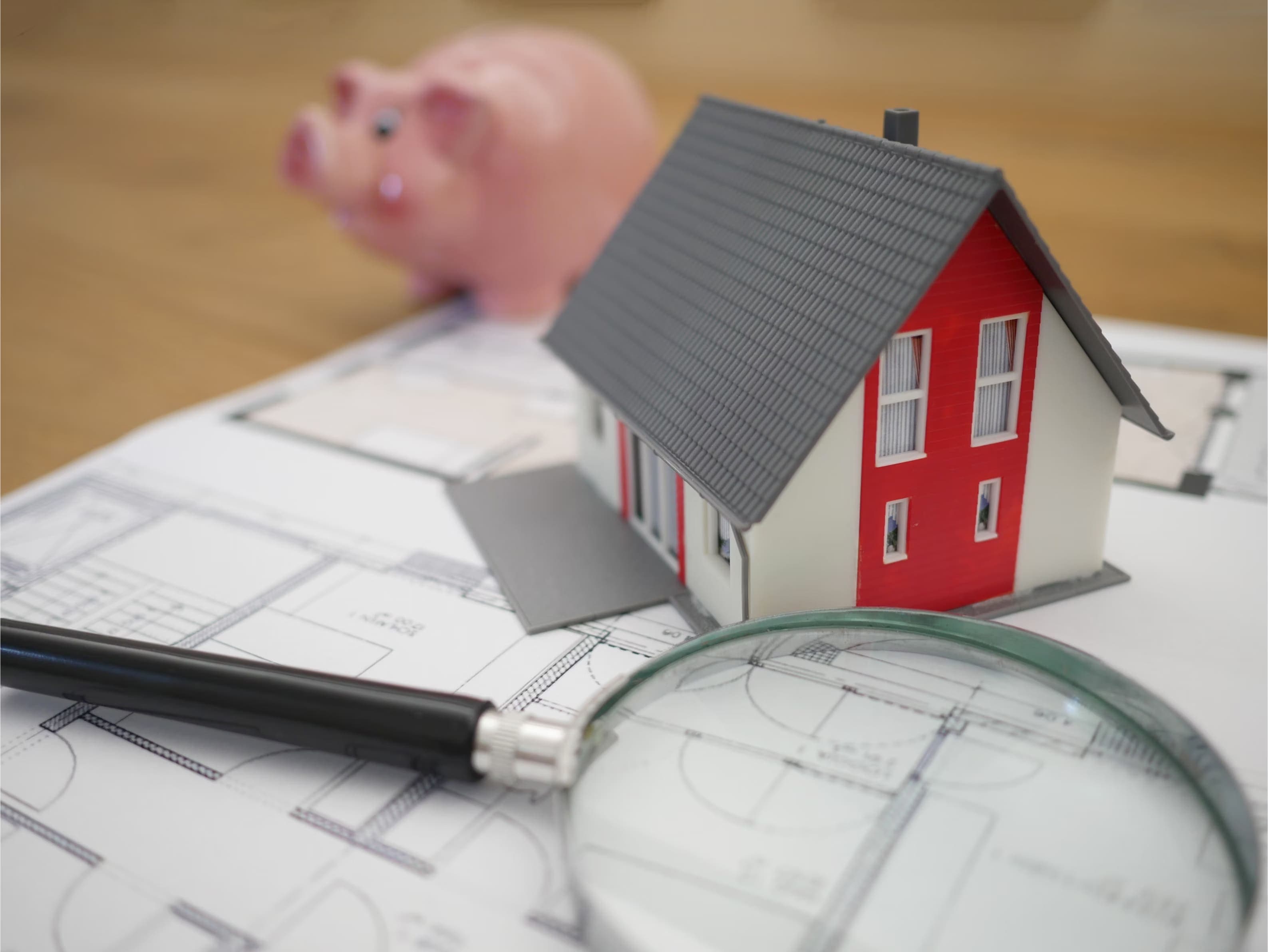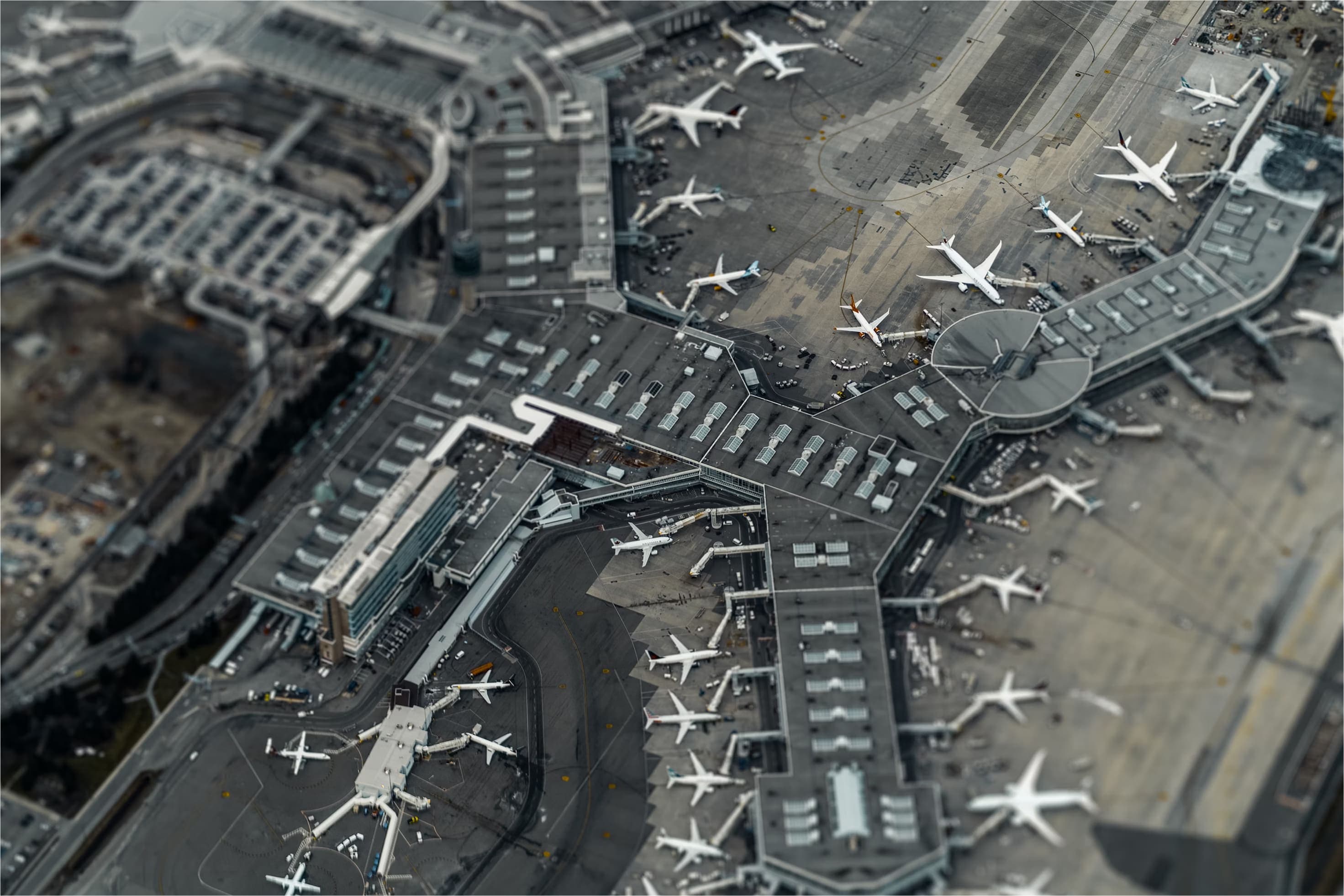10 Things to Consider When Buying Land Near Noida Airport

Buying land is one of the most significant investments you can make, and choosing the right location is crucial to ensuring a high return on investment (ROI). The area surrounding Noida International Airport (also known as Jewar Airport) is rapidly gaining attention from investors and developers, thanks to the ongoing infrastructure boom. However, purchasing land near such a pivotal infrastructure project requires careful consideration. There are several factors that go beyond basic proximity to the airport that will influence the long-term value and usability of the land.
In this blog, we’ll explore 10 important factors to consider when buying land near Noida Airport. These considerations will help you make a well-informed decision and ensure that your investment is not only secure but also offers the best possible returns in the future.
1. Zoning Regulations and Land Use
Before making a purchase, it’s essential to check the zoning regulations for the land. Zoning laws determine how a piece of land can be used—whether for residential, commercial, industrial, or agricultural purposes. Near Noida Airport, there will be different zones allocated for specific developments due to the airport’s influence, so it’s crucial to ensure that your intended use for the land aligns with local zoning regulations. Look for areas designated for mixed-use development, which typically see higher value appreciation due to flexibility in usage.
2. Connectivity to Major Highways and Roads
Proximity to Noida International Airport is a significant advantage, but don’t overlook connectivity to major highways and roads. The Yamuna Expressway and FNG Expressway are critical arteries that will enhance connectivity from the airport to other regions. Land that offers easy access to these highways will be more desirable, especially as commercial and residential development expands. Ensure that the land you’re considering has smooth access to these key infrastructural routes.
3. Planned Infrastructure Development
When investing in land near a major infrastructure project like an airport, it’s essential to understand the broader infrastructure developments planned in the area. Besides the airport itself, Jewar and the surrounding regions will benefit from metro extensions, industrial parks, and new road projects. Areas with planned government-backed infrastructure projects are likely to see faster appreciation, as development accelerates once these projects are completed.
Look into developments such as the Noida-Greater Noida metro extension and potential road expansions that will further improve connectivity to the airport area. These will directly impact the future value of the land.
4. Land Title and Ownership Verification
One of the most critical aspects when purchasing land anywhere is ensuring a clear title and ownership status. Verify that the land is free from legal disputes and that the seller has full ownership rights. Ensure that all previous documentation, including the land registry, tax receipts, and no-objection certificates (NOCs), are up to date. Engaging a legal expert for verification can save you from potential legal issues later on.
5. Environmental Considerations and Approvals

With major projects like Noida Airport, environmental clearances and approvals become crucial. Check if the land is part of any environmentally sensitive zones or if there are restrictions due to nearby water bodies, forest areas, or ecological concerns. Additionally, ensure that the land has the necessary environmental approvals for development, as this could impact both the usability of the land and future construction plans.
6. Current Market Trends and Future Appreciation
Investing near Noida International Airport promises good returns, but it’s essential to analyze the current market trends and future appreciation prospects. Consider factors like current land prices, the rate of appreciation in the area over the last few years, and predictions for future growth. Land closer to the airport and major infrastructural projects is likely to appreciate faster, but areas slightly further away may offer a better entry point for long-term investors. Stay informed about ongoing developments, announcements, and market data to ensure you’re making a sound investment.
7. Access to Basic Amenities and Services
While the airport is a major driver of growth, land value also depends on proximity to basic amenities such as schools, hospitals, retail centers, and other services. Look for plots near upcoming or established townships, industrial hubs, and educational institutions that will attract a working population. Future residents will require access to these services, which will make your investment in land more attractive for developers and homebuyers.
8. Airport Proximity and Noise Impact
While being close to the airport can be a significant advantage, consider the impact of noise pollution and the flight path on the land you’re buying. Noise from planes can be a dealbreaker for residential development. It’s wise to investigate sound zones or consult experts to determine how much noise will affect the area. Buying land far enough from the direct flight paths while still enjoying the airport’s proximity could strike the right balance for potential residential or commercial projects.
9. Developer Reputation and Project Background

If you’re buying land as part of a developer-backed project or in a larger township, research the developer’s reputation and their previous projects. The success of past developments is a good indicator of whether future projects will be completed on time and meet quality standards. Additionally, assess the timeline for surrounding developments—delays in infrastructure completion could stall appreciation, while a reliable developer can offer confidence in the land’s future value.
10. Investment Horizon and Exit Strategy
Lastly, when buying land near a developing hub like Noida Airport, consider your investment horizon. Are you planning to hold onto the land for the long term or resell it in a few years once the airport and surrounding infrastructure are fully developed? Both short-term and long-term investors can benefit, but your strategy should match the pace of development in the area. Additionally, think about an exit strategy—whether selling the land for a profit, leasing it, or developing it for residential or commercial use.
Conclusion
Buying land near Noida International Airport is a promising opportunity, but it’s not just about proximity to the airport. Careful consideration of factors like zoning regulations, connectivity, future infrastructure projects, and market trends can make or break your investment. As Jewar transforms into a major real estate hub, these ten factors will help ensure that you’re making a smart, future-proof investment. By understanding the broader impacts and planning for long-term growth, you can maximize your returns in one of NCR’s most exciting upcoming regions.


